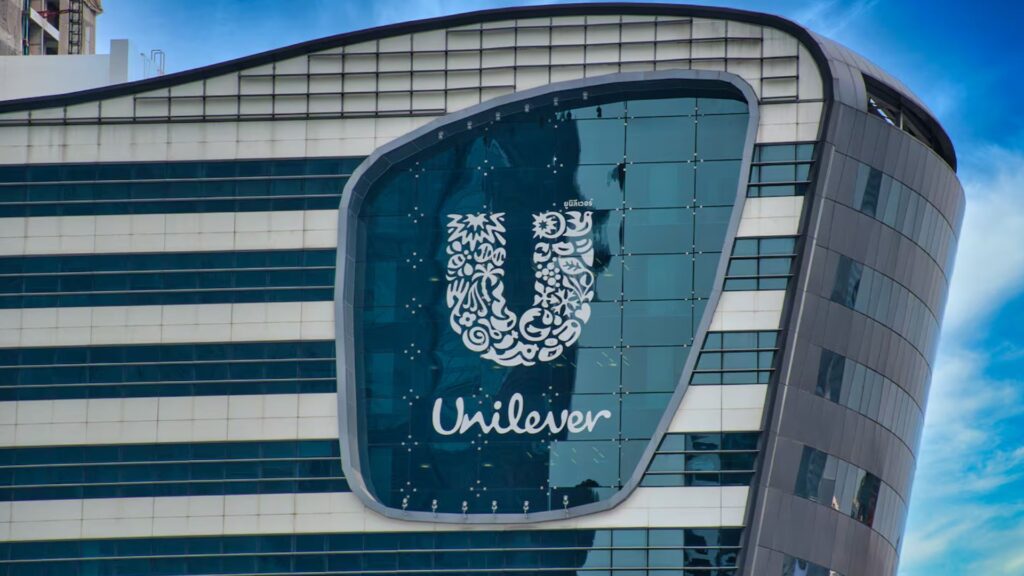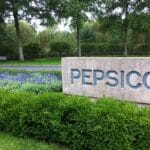Unilever Pioneers Sustainable Fragrances from Waste Plants

- Circular Economy for Plants: Unilever’s innovative use of waste flowers aims to create sustainable fragrances, reducing reliance on petrochemicals.
- Efficient Extraction: Using advanced techniques, the process is 40% faster, saving time and energy.
- Environmental Impact: Repurposing plant waste contributes to emission reduction and promotes sustainable sourcing.
Unilever is launching a groundbreaking initiative to create sustainable fragrances by repurposing waste flowers. This pilot program, developed in partnership with the University of Nottingham, aims to reduce emissions and decrease dependence on petrochemical-derived ingredients.
Neil Parry, Unilever’s head of biotechnology, stated, “Using the latest in biotech and bio-sourcing principles, we see huge potential to create a circular economy for plants by extracting valuable ingredients and creating a diverse selection of new and sustainable fragrances.”
Scientists are utilizing an enhanced Soxhlet extraction method, combined with ultrasonication, to efficiently extract essential oils from surplus plants like petunias, roses, and marigolds. This method, which involves using sound waves to break down cell walls, speeds up the extraction process by 40%, taking just 20 minutes to obtain the desired compounds.
Neil Parry emphasized the environmental benefits, saying, “Plants that don’t make the grade still have valuable materials with functional benefits and could reduce our impact on the environment. Finding multiple uses for farm waste is crucial for sustainable ingredient and product sourcing.”
The Bridge Farm Group in Lincolnshire, which supplies 90 million plants annually to UK retailers, collaborates with Unilever to provide flowers that would otherwise go unsold. These plants are stored in a 60-acre greenhouse, extending their lifespan long enough for scientists to transform them into high-value raw ingredients.
Assistant professor Parimala Shivaprasad from the University of Nottingham explained, “At the labs in Nottingham, we’re developing energy-efficient extraction methods and enzyme-based modifications, while also evaluating the practicality and cost-effectiveness of using plant waste as a raw material. This project showcases the potential of cutting-edge science and technology processes to create sustainable solutions for the future.”
Related Article: EQT Private Equity to Acquire Majority Stake in AMCS, Advancing Circular Economy and Sustainability Software for Resource-Intensive Industries
Beyond essential oils, Unilever is exploring the extraction of other high-value ingredients, such as terpenes, lactones, ethers, and complex sugars. These ingredients could be used in textile care products and for malodour neutralization in personal care items, further enhancing the sustainability of their product lines.
By leveraging innovative extraction techniques and partnerships, Unilever’s initiative not only offers a sustainable solution to plant waste but also sets a precedent for the industry to follow, highlighting the company’s commitment to environmental responsibility and innovation.












